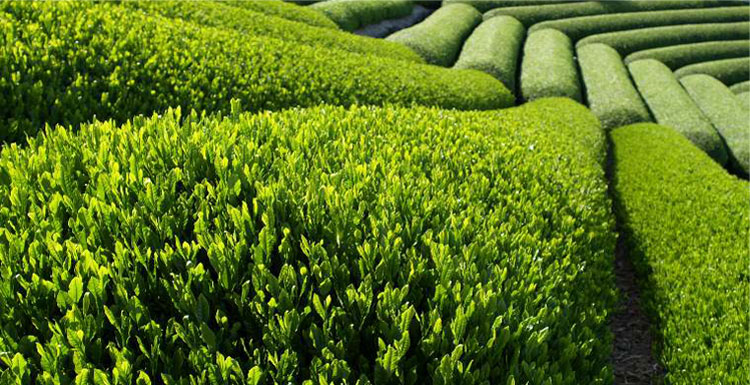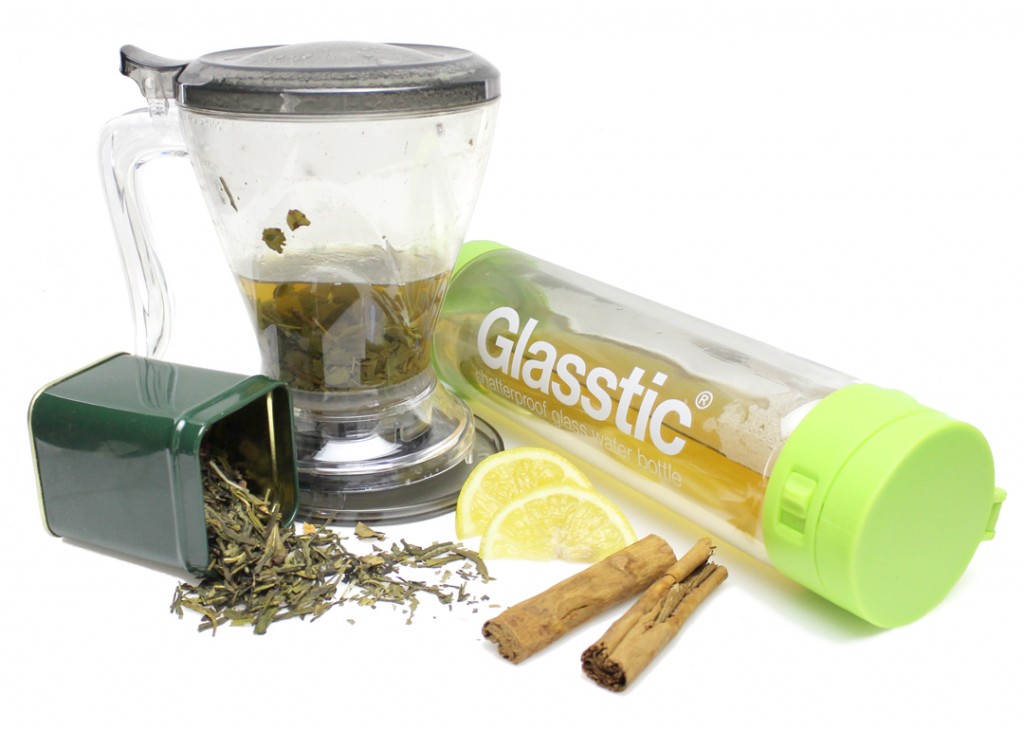January marks new beginnings and also happens to be National Hot Tea Month. Tea is a beverage that is steeped in tradition and ceremony, something to be enjoyed and savored. Around the world, sharing tea with someone can be shown as sign of respect, a way to express thanks or to celebrate new beginnings, and tea is ideal for times of quiet contemplation.
Tea is a name given to a lot of brews and is divided into categories based on how it is processed. Tea purists consider green tea, black tea, white tea, oolong tea, and pu-erh tea the real thing.
All varieties of tea begin with a tea leaf from the same plant, Camellia sinensis, which is a shrub native to China and India. All these teas also have caffeine and theanine, which affect the brain and seem to heighten mental alertness.
Tea provides many health benefits including:
-Tea is hydrating to the body
-Tea is high in antioxidants
-Tea helps fight free radicals
-Tea can boost exercise endurance
-Tea can help the body recover from radiation
-Tea might provide protection from ultraviolet rays
-Green tea has been found to improve bone mineral density and strength
-Tea could help reduce the risk of heart attack. Tea might also help protect against cardiovascular and degenerative diseases
Herbal teas have lower concentrations of antioxidants than green, white, black, and oolong teas. Made from herbs, fruits, seeds, or roots steeped in hot water, their chemical compositions vary widely depending on the plant used.
Although a lot of questions remain about how long tea needs to be steeped for the most benefit, and how much you need to drink, nutritionists seem to agree that any tea is good tea.
Just like wine or coffee, there are hundreds of tea types, blends, styles, countries of origins and more just waiting to be tried making it easy and offering almost limitless ways to celebrate hot tea every day.



